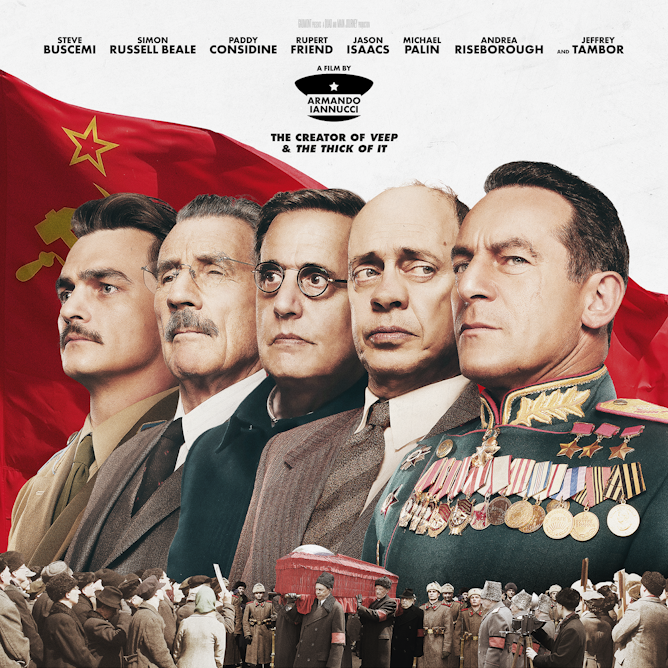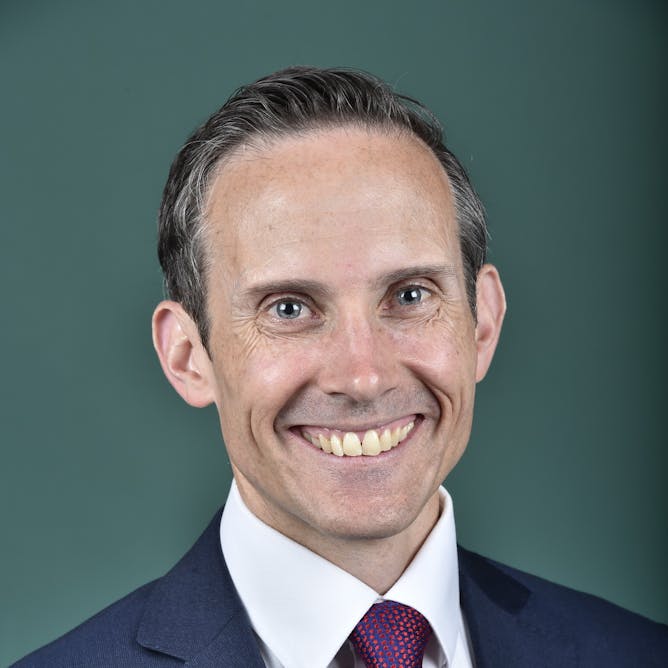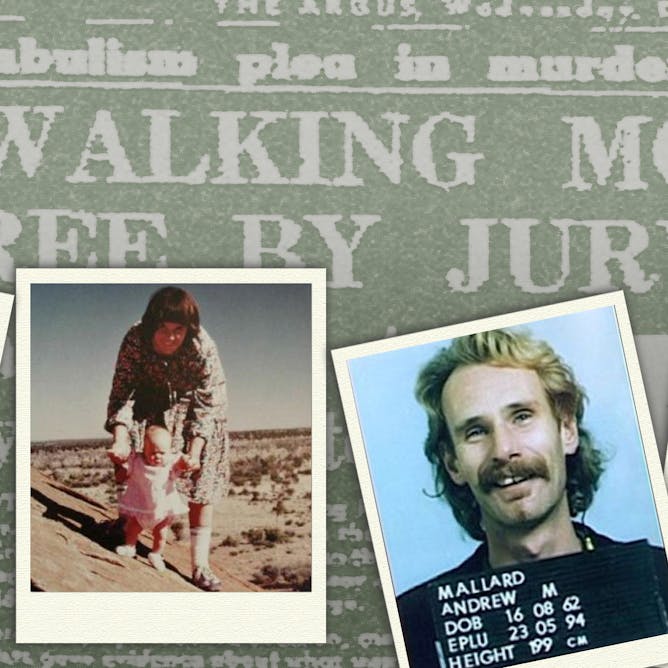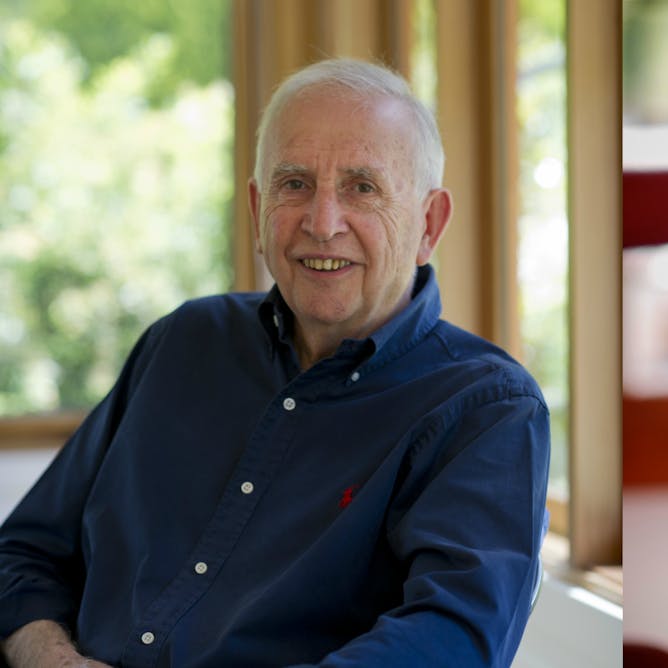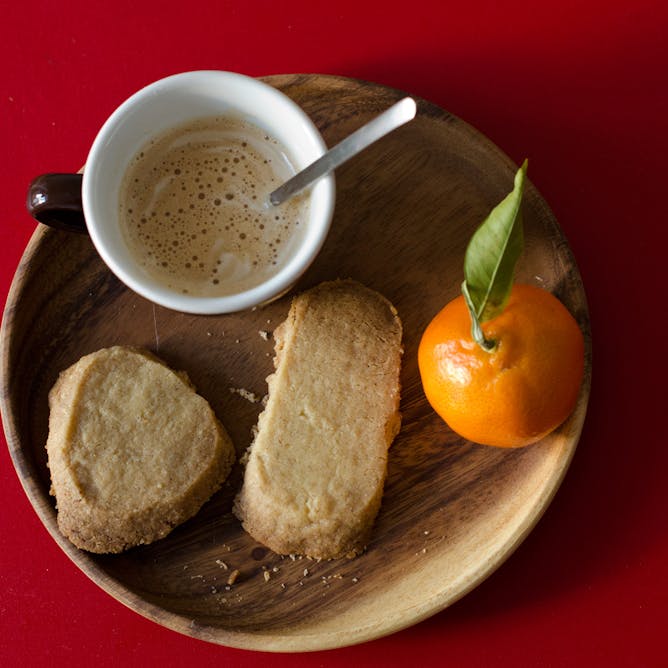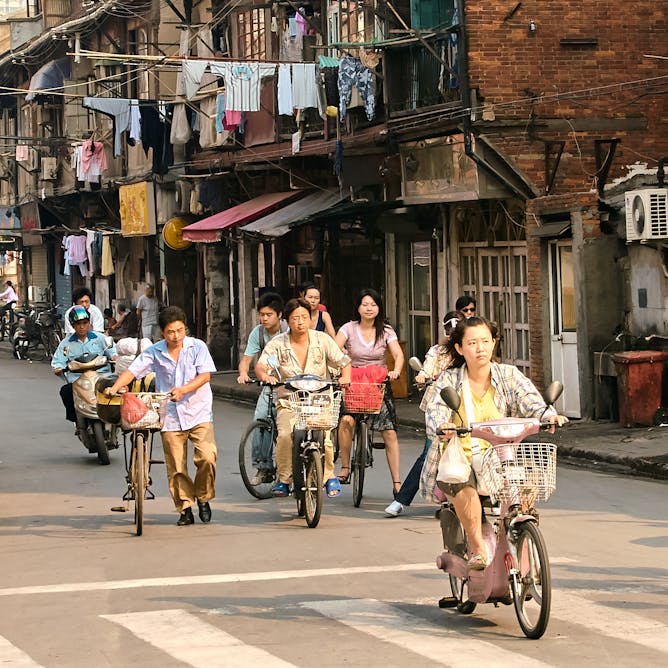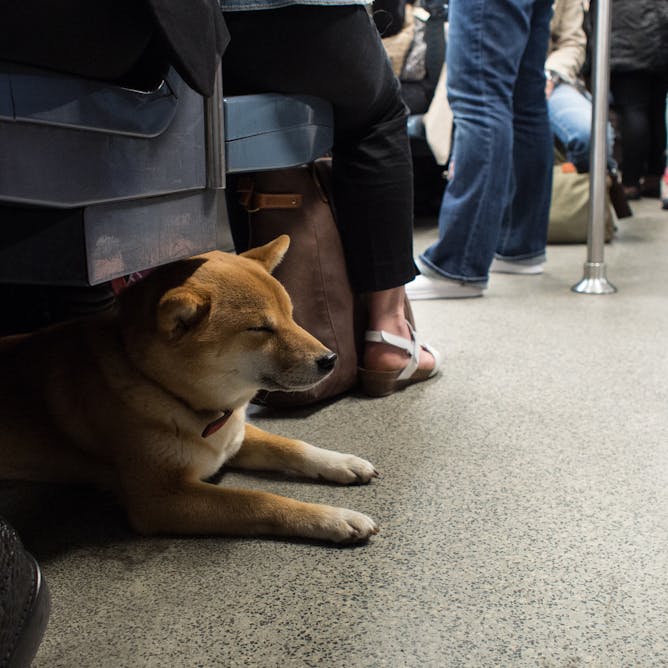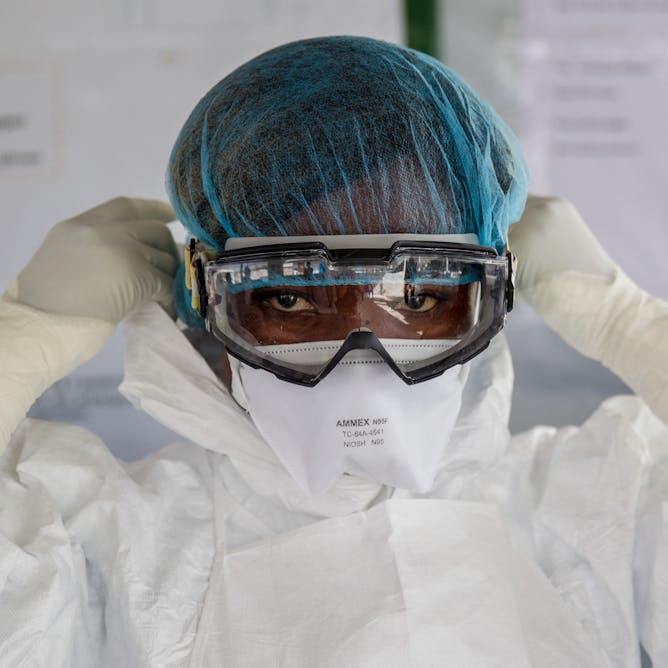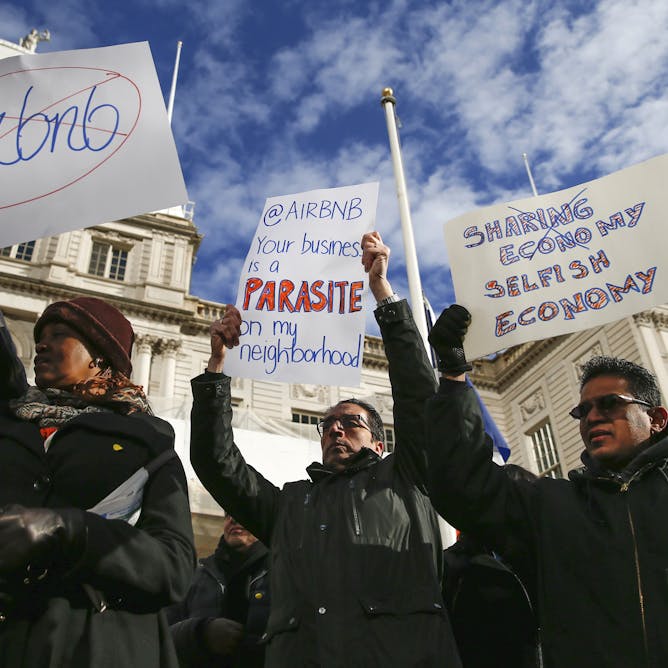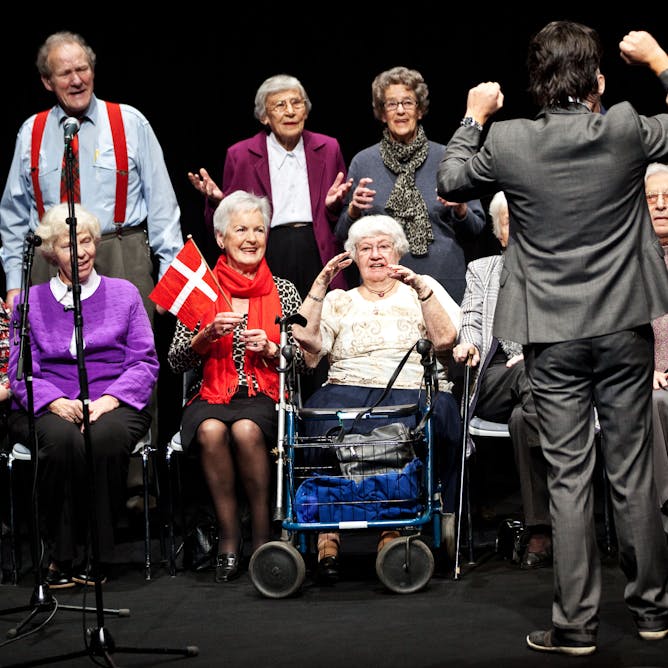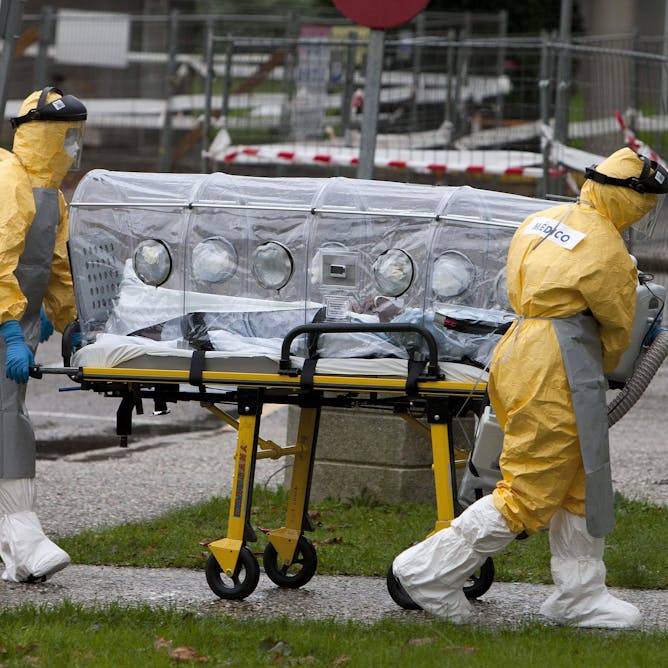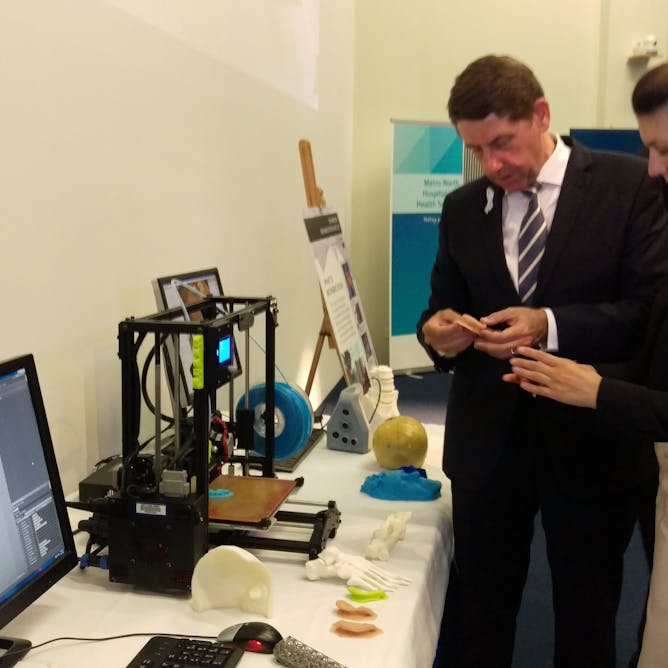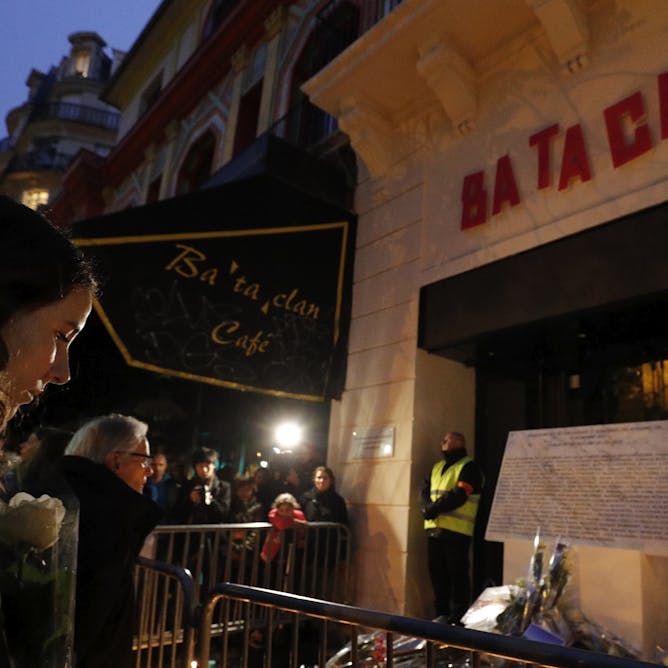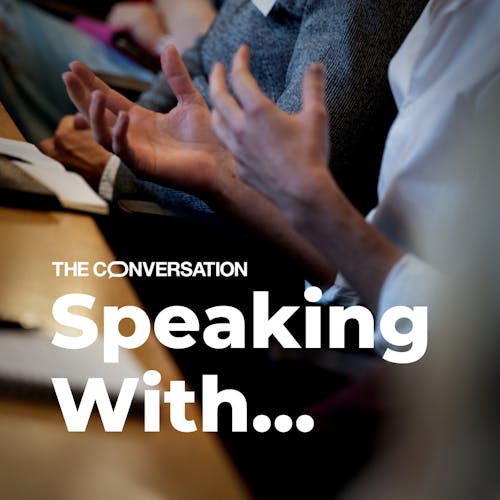
Latest Episodes
Speaking with: Chris Ho and Edgar Liu about diversity and high density in our cities
This is a podcast discussing topics raised in our series, Australian Cities in the Asian Century. These articles draw on research, just published in a special issue of Geographical Research, into how Australian cities are being influenced by the rise of China and associated flows of people, ideas and capital between China and Australia. Migration and population growth are hot-button issues in Australian…
3 Hosts: Dallas Rogers, Christina Ho, and Edgar Liu
Speaking with: 'Everybody Lies' author Seth Stephens-Davidowitz on why we tell the (sometimes disturbing) truth online
How much do you really know about your friends? Your co-workers? Your community and your country? The fact is that much of what we think we know about the people around us is likely to be skewed, because people tend to lie. We lie in conversation, on social media, and in surveys. But there exists an online trove of data that allows us to paint a much more accurate picture of who we really are. That's…
1 Host: David Tuffley
Speaking with: Author Anita Heiss on Growing Up Aboriginal in Australia
Anita Heiss is one of the most prolific writers documenting Aboriginal experiences in Australia today through non-fiction, historical fiction, poetry and children’s literature. Her memoir, Am I Black Enough for You?, was a finalist in the 2012 Human Rights Awards. Growing Up Aboriginal in Australia. Black Inc. Books For her latest book, Growing Up Aboriginal in Australia, Heiss traded the role of writer…
1 Host: Jacinta Elston
Speaking with: law professor Cass Sunstein, on why behavioural science is always nudging us
What can governments do to stop increasing obesity rates, help people save or get them to file their tax returns on time? The default answer used to be some kind of tax or penalty. Just make people pay more and they’ll do the right thing, right? But what if you could encourage certain behaviour without forcing the issue? That’s where nudges come in. These are small changes in design or presentation…
1 Host: Cass Sunstein
Speaking with: journalist David Neiwert on the rise of the alt-right in Trump's America
The rise of the radical right-wing movement in the US has become closely linked to Donald Trump's presidency and the mainstreaming of ideas about race that were not so long ago found only on the furthest fringes of society. David Neiwert’s new book, Alt-America: The Rise of the Radical Right in the Age of Trump, charts the key political and social moments that have shaped these movements. He has spent…
1 Host: Kumuda Simpson
Speaking with: Cameron McAuliffe on NIMBYs, urban planning and making community consultation work
One of the most common complaints about community involvement in the urban planning process is "NIMBYism" – the "not in my backyard" cry from local residents, which developers and potential residents of medium-to-high-density apartments see as an impediment to healthy urban development and affordable housing. At the same time, local residents often see the planning process as freezing them out of having…
2 Hosts: Dallas Rogers and Cameron McAuliffe
Speaking with: satirist Armando Iannucci on The Death of Stalin
We're living in something of a golden age for political satire. Politics and satire can even feel, at times, almost indistinguishable. But politics and comedy have never been that far apart. Charlie Chaplin's 1941 film The Great Dictator ridiculed Adolf Hitler. More recently The Thick of It mocked the UK political class and Veep satirised US politics with very funny and scarily prescient results. Those…
1 Host: Stephen Harrington
Speaking with: Andrew Leigh on why we need more randomised trials in policy and law
Randomised controlled trials are the gold standard in medical research. Researchers divide participants into two groups using the equivalent of flipping a coin, with one group getting a new treatment and a control group getting either the standard treatment or a placebo. It’s the best way to prove that a new treatment works. But the benefits of randomised trials aren’t limited to medical applications…
1 Host: Fiona Fidler
Speaking with: David Field about unusual crimes that have changed the law
Is sleepwalking a legitimate defence for murder? Are victims of family violence protected against the premeditated killing of their abuser? Professor David Field has worked as a public prosecutor, a criminal defence lawyer and as the solicitor for prosecutions in Queensland, a post he occupied for nine years. He spoke to William Isdale about some extraordinary crimes that have resulted in changes to…
2 Hosts: William Isdale and David Field
Speaking with: social researcher and author Hugh Mackay on 2017, 'a really disturbing year'
"I've found 2017 a really disturbing year." That's the summary from writer, thinker and social researcher Hugh Mackay. Mackay spoke in December with The Conversation's FactCheck Editor Lucinda Beaman at the Sydney launch of The Conversation 2017 Year Book: 50 standout articles from Australia's top thinkers. Among the essays featured in the book is Mackay's enormously popular and thought-provoking article…
1 Host: Hugh Mackay
Speaking with: Emrys Westacott on the virtue of frugal living
They say the best things in life are free – or at least, Emrys Westacott seems to think so. For those who have the choice, the rejection of extravagance is deemed highly virtuous. Many of the great thinkers of history have advocated the moral value of frugal living, but in our culture of excess the temptation to indulge can be difficult to overcome. William Isdale spoke with Emrys Westacott, a Professor…
2 Hosts: William Isdale and Emrys Westacott
Speaking with: Bates Gill on Australia's changing relationship with China
During Xi Jinping's opening address at the Communist Party's 19th National Party Congress last week, the Chinese president outlined his vision of a "new era" for China – one that will see "China moving closer to centre stage". China's economic and foreign policies have significant implications for Australia. More than 30% of our exports go to China, more than 1 million Chinese tourists visit Australia…
2 Hosts: William Isdale and Bates Gill
Speaking with: Emma Power and Jennifer Kent about why Australian cities and homes aren't built for pets
We're a nation of pet lovers: 60% of Australian households have some kind of pet. And with dogs in 39% of those homes, it's only natural that we're starting to see dogs sitting happily alongside human diners at places like cafes and pubs. But while we have one of the highest levels of pet ownership in the world, our rights and infrastructure planning don't seem to be built around this reality. No Australian…
3 Hosts: Dallas Rogers, Emma Power, and Jennifer L. Kent
Speaking with: John Gerrard on preventing infectious diseases
The Spanish Flu of 1918 is estimated to have infected around 500 million, and killed between 20 and 40 million, people around the world - all within the space of a year. It is perhaps the deadliest pandemic in human history. We have seen nothing as devastating since, but outbreaks such as influenza, HIV/AIDS, Zika and Ebola highlight that infectious diseases are a constant threat. William Isdale spoke…
2 Hosts: William Isdale and John Gerrard
Speaking with: Nicole Gurran on Airbnb and its impact on cities
Airbnb has turned sharing our homes and living spaces with strangers from a fringe idea into a multi-million dollar business. It's changed the way many of us travel. But its growth has turned many suburbs and apartment buildings that are zoned for residential use into hotels, with temporary residents who have no long-term investment in the neighbourhoods they inhabit. In cities like Sydney, Barcelona…
2 Hosts: Dallas Rogers and Nicole Gurran
Speaking with: Nancy Pachana on planning for an active and engaged ageing population
Due to advances in medicine, hygiene and nutrition we are now living longer than ever before. In our region, the percentage of people over the age of 60 doubled in just 20 years - something that took 120 years in Europe and the United States. And while there are definitely losses as we age – fine motor skills and a higher probability of conditions like dementia – there's evidence that for many people…
2 Hosts: William Isdale and Nancy A Pachana
Speaking with: Cameron Murray on grey corruption and the 'Game of Mates'
The role of declared gifts and donations has driven a lot of discussion around government corruption in recent years. But what about the clique of developers, banks and superannuation companies who reap the benefits of policies and approvals that preserve monopolies? How do we decide who the winners and losers are in society, without even going into the more obvious acts of money changing hands for…
2 Hosts: William Isdale and Cameron Murray
Speaking with: Dr Mark Blaskovich on antibiotic-resistant bacteria and the threat of superbugs
Since the discovery of antibiotics in the mid-20th century, millions of lives have been saved from bacterial infections. But the over-prescription of these drugs has led to some types of bacteria becoming resistant to treatment. It's estimated at least two million people are infected with antibiotic-resistant bacteria in the United States each year. These "superbugs" can spread rapidly and stopping…
2 Hosts: William Isdale and Mark Blaskovich
Speaking with: Julian Savulescu on the ethics of genetic modification in humans
What if humans are genetically unfit to overcome challenges like climate change and the growing inequality that looks set to define our future? Julian Savulescu, visiting professor at Monash University and Uehiro professor of Practical Ethics at Oxford University, argues that modifying the biological traits of humans should be part of the solution to secure a safe and desirable future. The University…
2 Hosts: William Isdale and Julian Savulescu
Speaking with: Professor Peter Koopman on CRISPR and the power of genome editing
CRISPR, or clustered regularly interspaced short palindromic repeats, is a technology that is able to alter DNA. While this sounds like the realms of science fiction, right now scientists are investigating its potential to eliminate genetic diseases in humans by repairing or replacing defective genes. The University of Melbourne's William Isdale spoke with Professor Peter Koopman from the University…
2 Hosts: William Isdale and Peter Koopman
Speaking with: Peter Doherty about infectious disease pandemics
Humans have had to deal with infectious diseases for centuries. Ancient Greeks and Egyptians suffered from smallpox, leprosy and tuberculosis. And when an outbreak occurs, it can be devastating. Pandemics like the Black Plague, Spanish Flu and HIV have killed millions of people around the world. While improved sanitation and a better understanding of how infections spread has helped halt some pandemics…
2 Hosts: William Isdale and Peter C. Doherty
Speaking with: Tony Kevin on his return to Moscow and the new Cold War with Russia
Tony Kevin first went to the Soviet Union in 1969. He was 25 years old and working in the Australian Embassy in Moscow at the peak of the Cold War. Embassy staff were told to be aware that every discussion was probably being recorded, and that they should avoid any interactions with locals. Forty-eight years later he returned to Russia and found a very different country from the one he left. In his…
2 Hosts: William Isdale and Tony Kevin
No problem too big #1: Artificial intelligence and killer robots
This is the first episode of a special Speaking With podcast series titled No Problem Too Big, where a panel of artists and researchers speculate on the end of the world as though it has already happened. It’s not the world we grew up in. Not since artificial intelligence. The machines have taken control. Three fearless researchers gather in the post-apocalyptic twilight: a computer scientist, a mechanical…
3 Hosts: Adam Hulbert, John Page, and Toby Walsh
Speaking with: Mia Woodruff about using 3D printing to replace body parts
3D printing is fundamentally changing the way we make many objects – from construction materials to toys and even food. And being able to 3D-scan the environment, even our own bodies, means that tools and prosthetics that were once mass-produced can now be custom-made for the people they're designed to help, at a low cost. What if one of the most essential items in the hospital of the future is a 3D…
2 Hosts: William Isdale and Mia Woodruff
Speaking with: The Daily Beast's Christopher Dickey on reporting on and living through terrorism in Paris
Since the start of 2015, more than 230 people have died in France as the result of terror attacks. Christopher Dickey in a cafe in Paris’ Latin Quarter with Colleen Murrell. Colleen Murrell, Author provided The three major attacks – the shootings at the offices of the satirical magazine Charlie Hebdo, the co-ordinated assaults on the night of November 13, 2015, (including the storming of the Bataclan…
1 Host: Colleen Murrell







